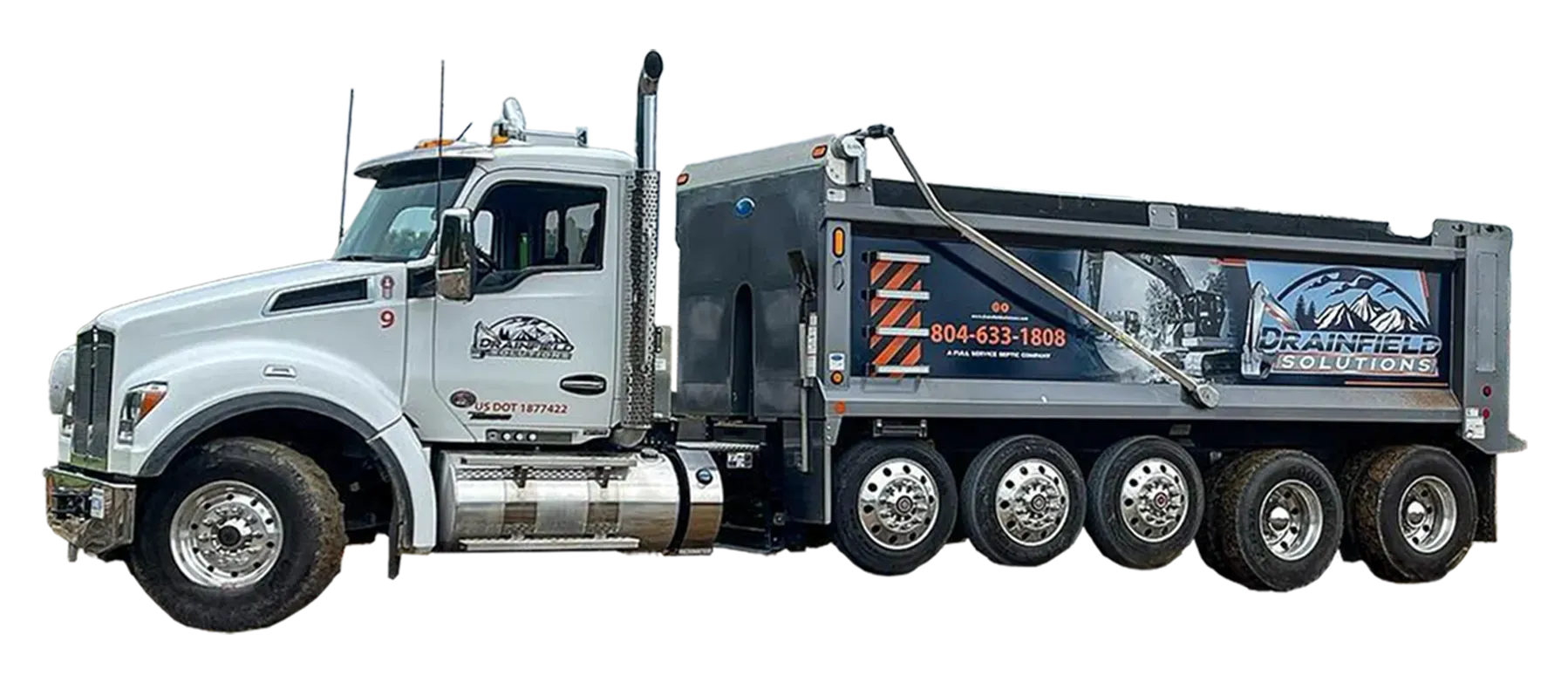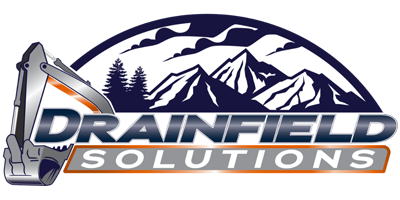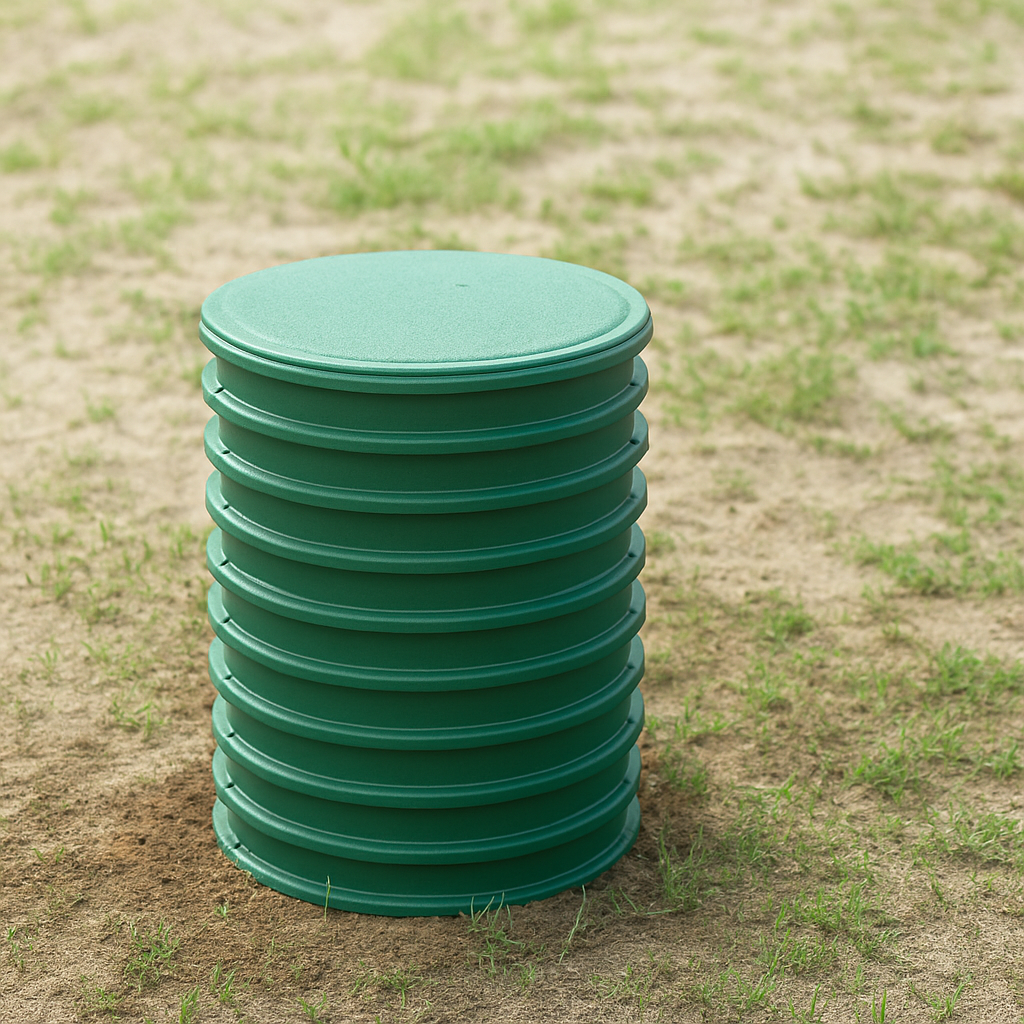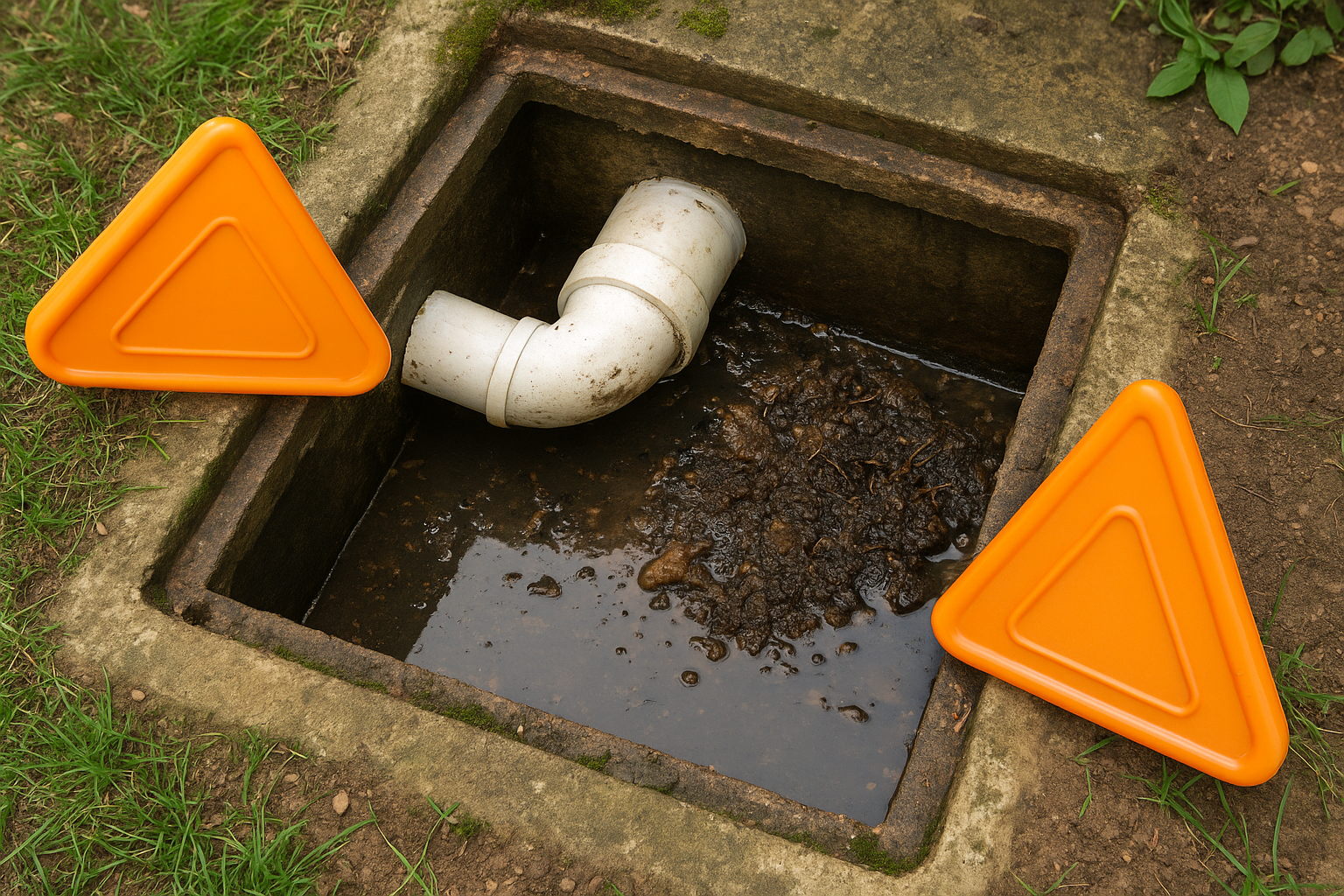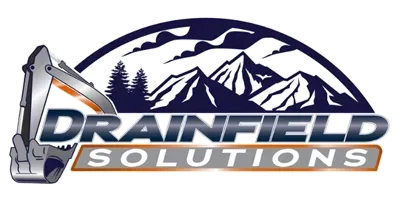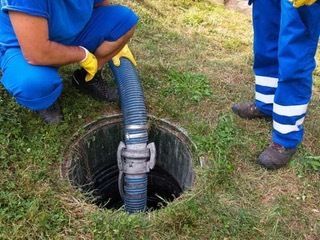
Find Out What You Should Not Do If You Have A Septic Tank!
April 18, 2025
Owning a home with a septic system comes with responsibilities—chief among them? Proper maintenance. While a well-kept septic tank can function for decades, improper care can lead to costly repairs or even premature replacement. This guide highlights essential DON’Ts for septic system care, helping you avoid missteps that could damage your system.
Whether you’re a new homeowner or looking to improve your septic maintenance routine, these tips will keep your system running efficiently.
The Role of Proper Septic System Care
A septic system, when functioning correctly, quietly and efficiently treats your household wastewater, protecting the environment and your property. However, even small mistakes can disrupt its operations.
One of the most important aspects of septic system care is understanding your responsibilities as a homeowner. This means not only being aware of how to properly maintain your system, but also taking necessary precautions to prevent any potential damage or malfunctions.
Proper maintenance starts with regular inspections and pump-outs by a licensed professional. Neglecting these crucial tasks can lead to clogs, backups, and eventually, system failure. It's recommended that you have your septic tank inspected every 3-5 years, and pumped out every3-7 years depending on the size of your household.
Another key aspect of proper septic system care is being mindful of what you flush down the toilet or pour down the drain. Flushing non-biodegradable items
That's why partnering with reputable septic system maintenance companies or using professional septic system maintenance services is
critical for long-term care.
To protect your investment, here are common mistakes homeowners should avoid when it comes to their septic system.
1. Don’t Flush or Drain the Wrong Items
Your septic system works best with organic waste and wastewater. Flushing or draining the wrong materials can clog pipes and disrupt the natural bacterial balance within your tank.
Avoid flushing these items:
- Disposable wipes: Even “flushable” wipes don’t break down properly once flushed. They can clog pipes and contribute to blockages in septic tanks or municipal sewer systems.
- Feminine hygiene products: Items like sanitary pads and tampons are not biodegradable and can cause severe backups in plumbing systems. These products are designed to absorb moisture, not break apart, which makes them a major hazard when flushed.
- Paper towels and tissues: Unlike toilet paper, these products are made to stay strong when wet, meaning they don’t dissolve easily in water. Over time, they can create clogs in your pipes and strain your septic system.
- Cooking grease or oil: When poured down the drain, grease and oil can cool and solidify, sticking to the sides of pipes and creating stubborn blockages. Over time, this buildup can lead to costly plumbing repairs and overwork your septic tank.
If it’s not wastewater or toilet paper, don’t flush it. Encourage household members to follow this simple rule to extend your septic system’s lifespan.
2. Don’t Use Harsh Chemicals or Cleaners
Harsh chemical cleaners, disinfectants, and drain cleaners can harm the bacteria within your septic tank. These bacteria are vital for breaking down waste.
Instead:
- Use septic-safe or biodegradable cleaners for your drains and toilets.
- Consider natural alternatives like vinegar and baking soda for household cleaning.
Reducing your use of chemicals won’t just protect your septic tank—it also helps keep groundwater safe from contamination.
3. Don’t Neglect Regular Maintenance
Skipping septic tank maintenance is one of the most common and costly mistakes a homeowner can make. Tanks must be pumped on a schedule to prevent backups.
Signs your tank may need attention:
- Foul odors near drains or your yard.
- Slow-draining sinks or toilets.
- Pooling water around the drainfield.
Stay ahead by hiring professional septic system maintenance services to pump, inspect, and service your system regularly. Companies like Drainfield Solutions have tailored solutions to ensure your system remains efficient and eco-friendly.
4. Don’t Overload Your System
Your septic system can only process a specific amount of wastewater daily. Overloading it with excessive water can cause stress and lead to system failure.
Tips to avoid overloading:
- Spread out laundry loads across multiple days.
- Fix leaks in faucets or toilets immediately.
- Use water-efficient appliances to reduce wastewater.
Conserving water not only protects your system but also lowers utility bills!
5. Don’t Build or Plant Over the Drainfield
The drainfield is a vital component of your septic system, responsible for filtering and dispersing wastewater into the soil. Disturbing this area can lead to serious problems.
Avoid these common mistakes:
- Planting trees or shrubs: While they may enhance your landscaping, the roots of trees and shrubs can grow into underground pipes, causing blockages, leaks, or serious damage that may require costly repairs.
- Constructing patios, sheds, or driveways: These heavy structures can put excessive pressure on the ground, compacting the soil and potentially damaging underground pipes. Additionally, they can interfere with proper drainage, leading to water pooling or other issues over time.
- Parking vehicles: Regularly parking vehicles over areas with underground pipes or a drainfield can cause significant problems. The heavy weight of cars can crack or crush pipes, disrupt the drainfield, and compromise the overall functionality of your system.
Mark your drainfield area on your property so you and your family can avoid any accidental damage.
6. Don’t Skip Calling a Professional
While some maintenance tasks, like conserving water or avoiding hazardous materials, can be managed at home, other issues require expert help. Ignoring early warning signs of septic problems can escalate repair costs significantly.
When to call professionals:
- Sudden, persistent odors: If you notice foul smells that don’t go away, it could indicate a serious issue like a sewer line problem or trapped waste.
- Unusual gurgling sounds in plumbing: Strange noises coming from your pipes or drains might signal a blockage or air trapped in the system.
- Signs of leakage or backups: Water pooling, damp spots, or slow-draining sinks can point to leaks or clogs that need immediate attention.
Local septic experts, like those at Drainfield Solutions, can quickly diagnose and resolve issues with minimal disruption. Their nearly two decades of experience ensure you’re getting the best in quality and service.
Making Septic Care Simple with Expert Help
Your septic system is essential to the daily functioning of your home, and a little care goes a long way. By avoiding common mistakes—like flushing inappropriate items, neglecting regular maintenance, and overloading the system—you can protect your septic tank, save money, and avoid unnecessary stress.
Looking for reliable septic system maintenance companies?
Drainfield Solutions has been Central Virginia’s trusted provider since 2005. From pumping and inspections to emergency repairs, our team ensures your system is in top condition year-round.
Don’t wait until there’s a problem
Contact Drainfield Solutions
schedule preventative maintenance or request an inspection.
Share Post
Latest Posts
Ready to Take the Next Step?
Whether you're in need of a system inspection or regular maintenance, Drainfield Solutions is here to help. Get in touch today for reliable service you can trust.
